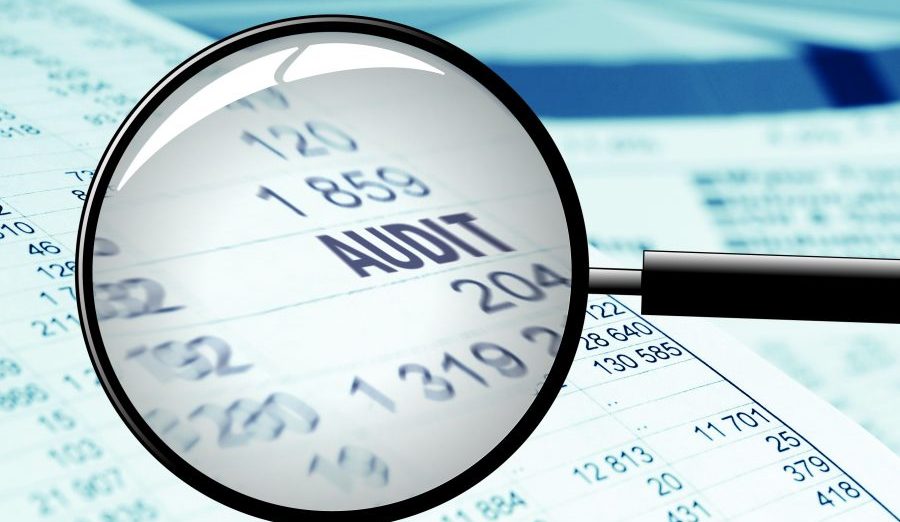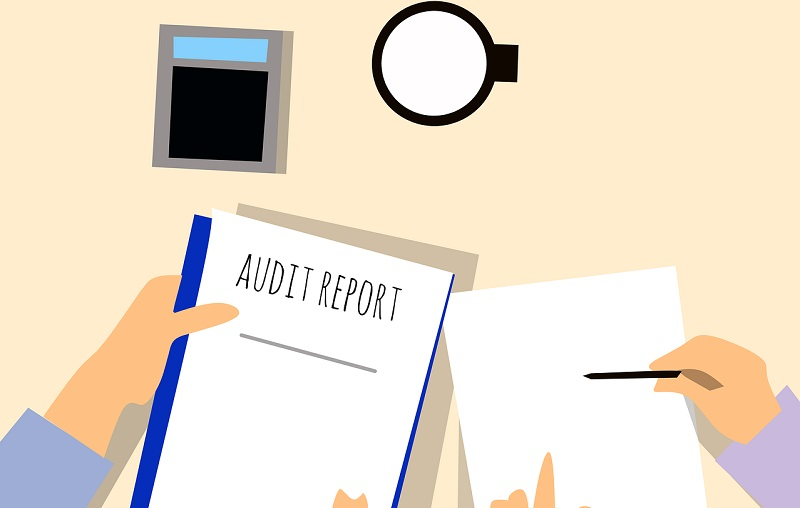Statutory audit is a legally required procedure for evaluating an organization's financial position and records of financial statements. Generally, a legal report is prepared for the public. It is imperative that government entities conduct a legal audit of their company to determine if the company provides reasonable and accurate financial information to the public. Statutory audit firms examine company accounts and processes, such as financial transactions, bookkeeping records, and bank balances, to monitor and evaluate the performance of a specific company.
Companies in the UAE are required to complete their audits in accordance with international financial reporting standards. We can advise you on what is the best reporting to meet your financial needs.
Advantages of Statutory Audit
- This increases the authenticity and reliability of the financial statements, such as the auditor's, as the company's financial statements are reviewed by an independent party.
- This confirms that management has paid adequate attention while fulfilling their responsibilities.
- It also addresses the compliance of non-legal requirements such as corporate governance.
- The auditor comments on the strength of internal control in the organization along with internal inspection of departments or segments. He also proposes an area where internal control is weak and at risk. This helps the company to mitigate the risk and improve the performance of the company.
- Auditing a small company's financial statement that does not apply to the audit gets more value because it can make it easier for companies to get banking loans and other types of facilities in financial products with the help of audited financial statements. Statements audited by an independent auditor as audited statements are more reliable and authentic.

Procedures of Statutory Audit
If you are seeking a company's statutory audit, you must follow the following procedures:
- Go through the internal auditor's report
- Ensure that all conflicts reported by the Internal Auditor are classified by management and account staff.
- Then go through the report of the Statutory Auditors of the previous year and study their findings in the audit.
- Try to understand the procedures followed by a company's audit department / accounts department in connection with the transaction record of the sale and purchase.
- Understand the accounting software used by the company.
- Don't start directly by vouching, first, check at least a few random entries of the software's purchase and sale and compare them to the bill.
- Also, ask about the cost approval method and check it out when you start vouching for expenses. The same rule applies to purchases.
- Ask about any company policies related to sales, marketing, franchise, and partnerships.
- The list is endless. Based on some of the above points, try to gather some other information based on the actual experience you will have during the audit.


